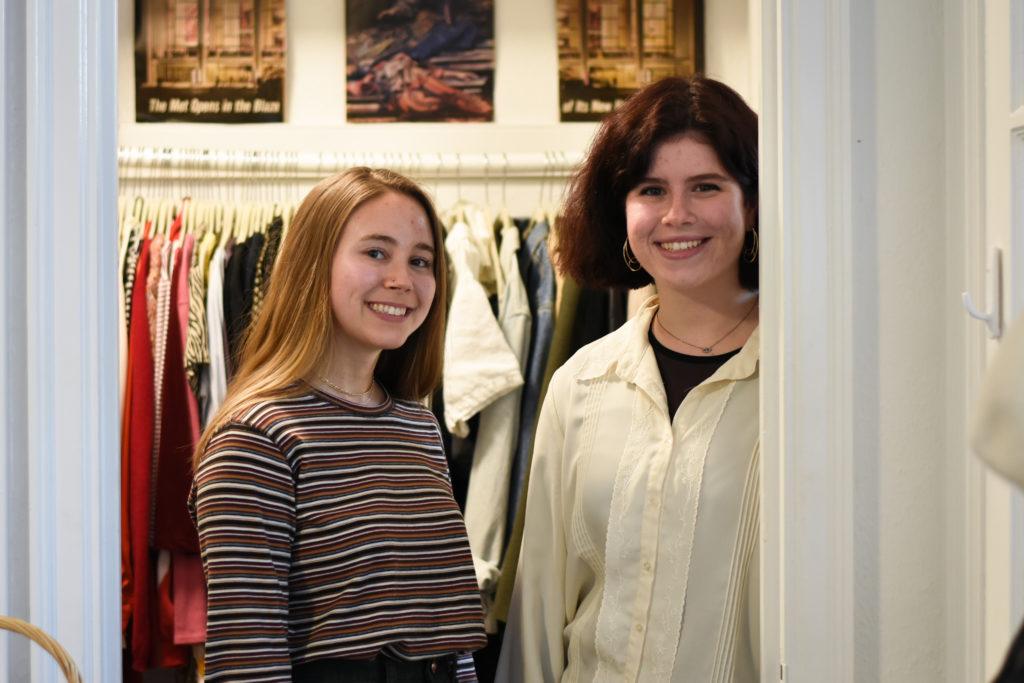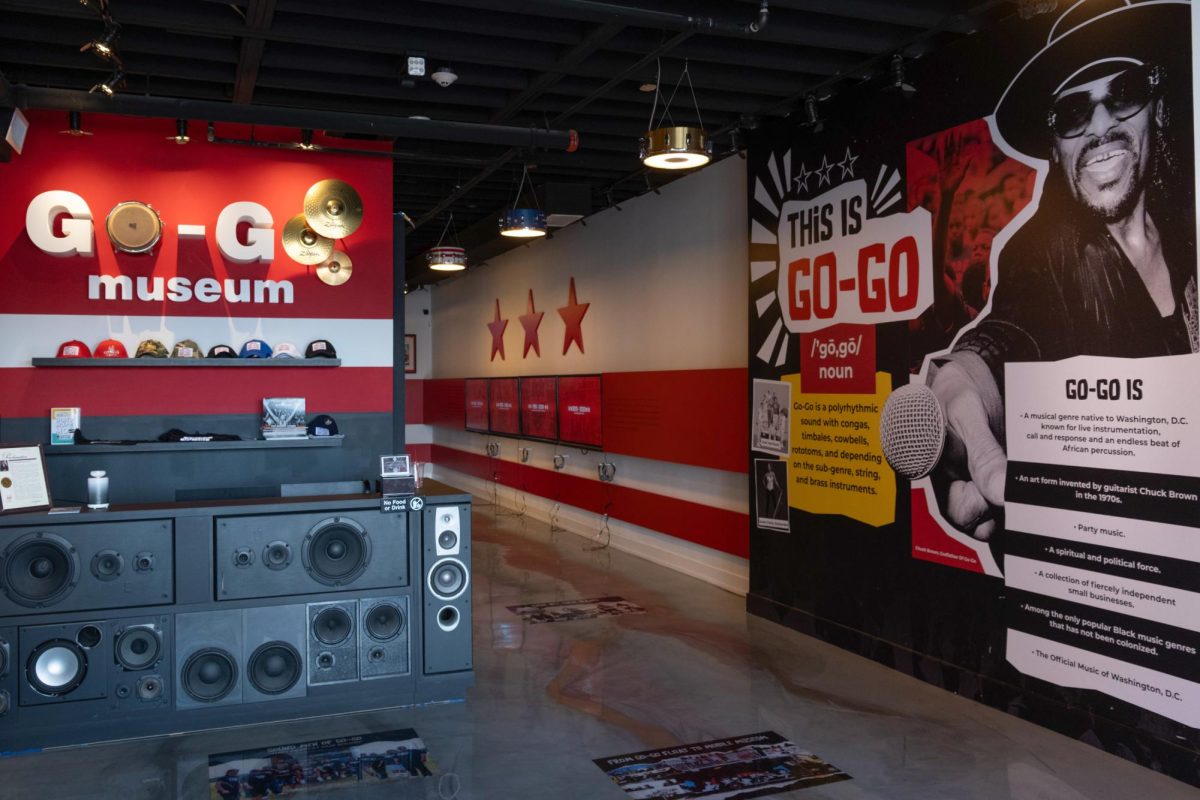For most people, a clean closet means crisp clothes on hangers all arranged in an orderly fashion. It might also mean shoes are perfectly aligned, right foot next to left foot.
But a new student organization is redefining the phrase. Two sophomores started Clean Closets last semester to promote sustainable fashion on campus. The co-founders said they will recruit members for the first time this semester and the group will raise awareness about sustainable fashion, take trips to thrift shops and organize eco-friendly clothing drives.
Chelsea Connolly, a history major, said she found her passion for sustainable fashion after watching the documentary “The True Cost,” a documentary about the negative labor and environmental practices of big clothing companies like H&M and Zara. Connolly and Lauren Bolger, a psychology major, decided to take the issue into their own hands with an organization when they realized the issues associated with clothing production weren’t being addressed on campus.
“When people go to the mall to buy clothes, they don’t really think about the ethical and environmental implications of their purchases,” Connolly said. “Sustainable fashion is a new way to think about how you can use clothing because it really does impact many other facets of life.”
Connolly said she considers environmental issues related to fashion – like water waste and clothing waste – an everyday issue but realized that not many people think about the issue when they get dressed each morning.
It can take up to 3,781 liters of water to make one pair of jeans, according to a lifecycle assessment by Levi Strauss & Co. Americans also produced 15.1 million tons of textile waste in 2013 and about 85 percent of that ended up in landfills, according to the Environmental Protection Agency.
Connolly said while she cannot personally “open people’s eyes” to the environmental stress caused by the fashion industry, she hopes to help people realize the problems through the organization.
Kat Dorochenko – a sophomore, former Hatchet reporter and the secretary of Clean Closets – said it is important for students to get involved with sustainable clothing practices because people are not aware of where their clothes are coming from.
“All the people at GW are going to be the next CEOs, the next business owners and the economy now is going to be our economy,” Dorochenko said. “Hopefully they can get into the habit of getting clothes from places that have sustainable business practices.”
Jana Khalil, a sophomore majoring in interior architecture and the organization’s treasurer, said she was always interested in sustainability and thought Clean Closets was the perfect way to combine two of her main interests: fashion and sustainability.
While Khalil said she has always been conscious of her shopping habits because of a family member that often preached about buying second-hand clothing, but she didn’t realize the statistics and actual impacts of the fashion industry until she took a University Writing course and learned about the issue her freshman year.
“I hope that we can set up a sort of go-to space to turn to shop more sustainably through GW and give people access to a space where we promote ethical clothing,” Khalil said.
Lindsay Paulen contributed reporting.





